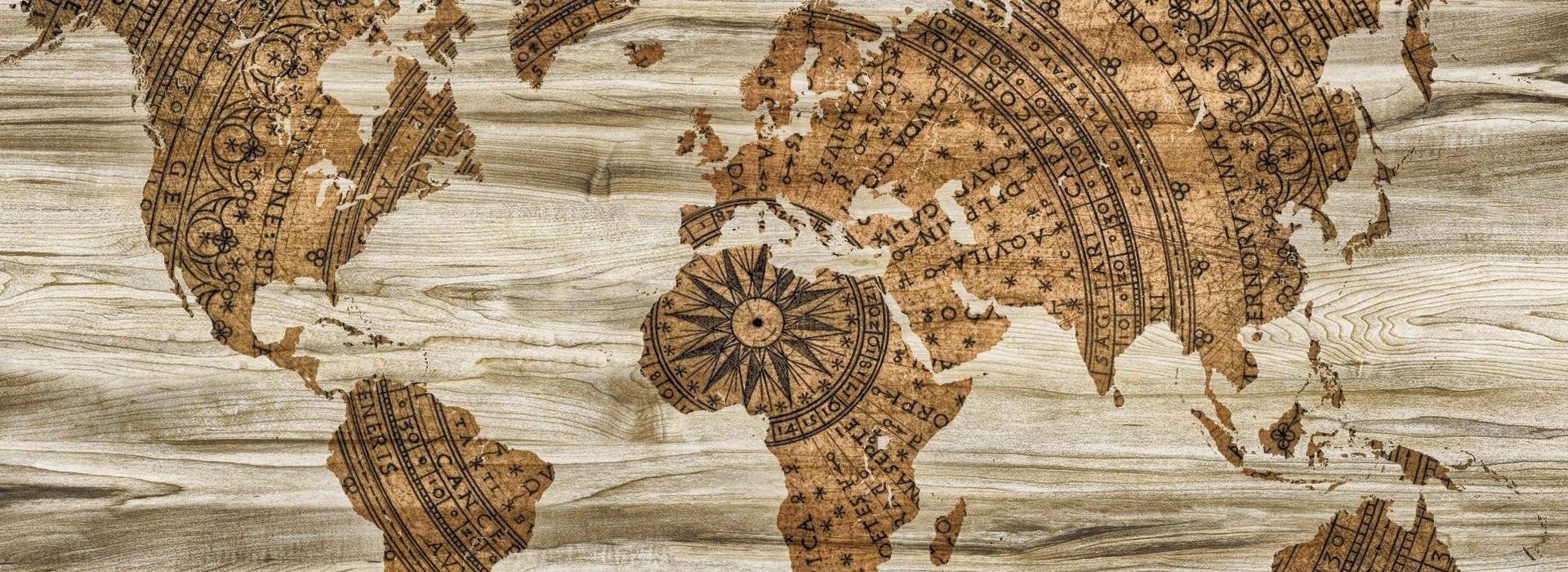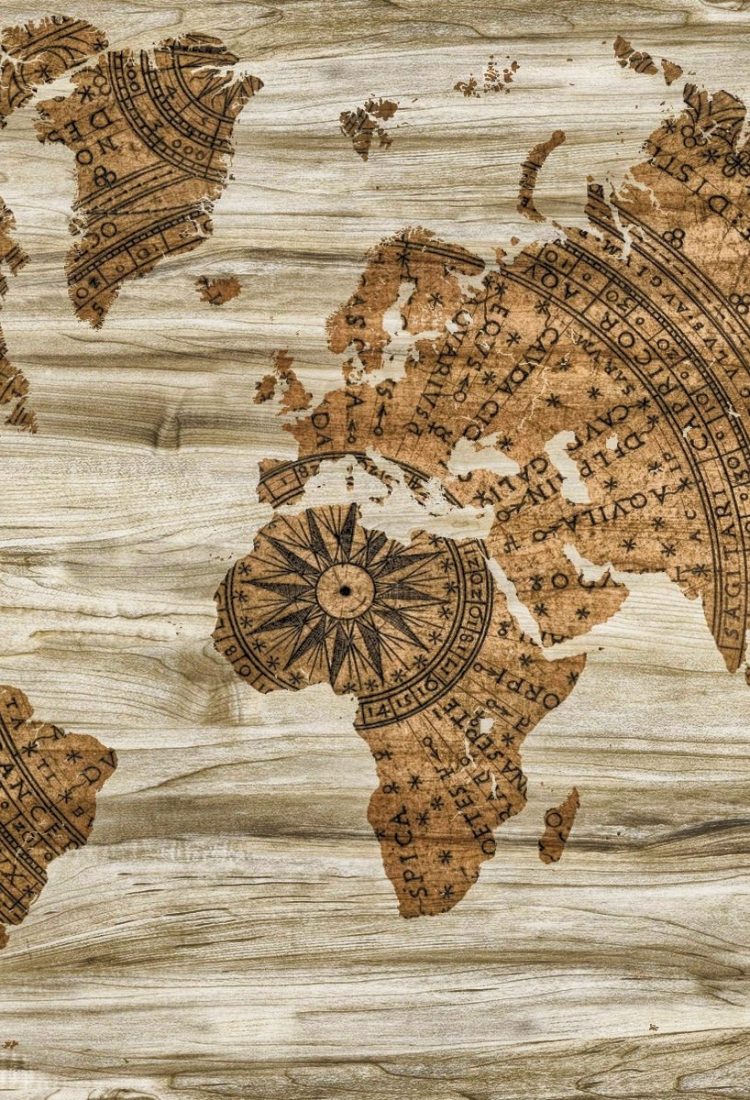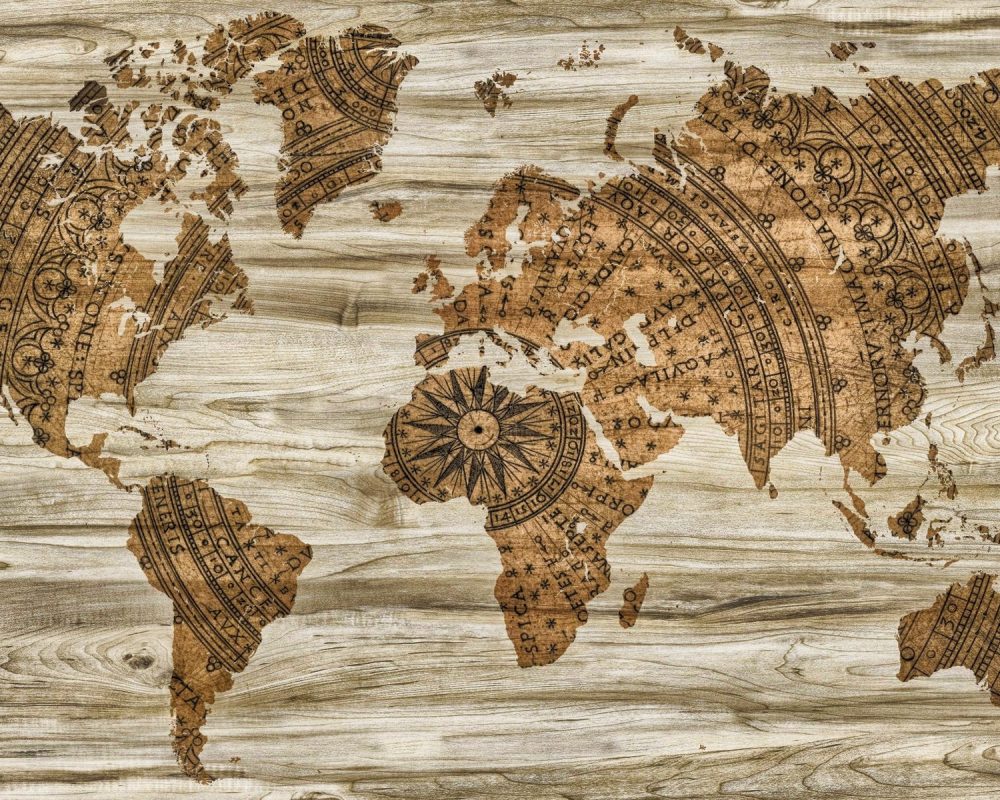Exam Board: AQA
What does the course consist of?
Living with the physical environment
The challenge of natural hazards – tectonic hazards, tropical storms, extreme weather in the UK, climate change.
Physical landscapes in the UK – coastal landscapes, river landscapes
The living world – Ecosystems, tropical rainforests and cold environments.
Challenges in the human environment
Urban issues and challenges – population growth in urban areas across the globe and in the UK, management of resources and transport.
The changing economic world – variations in economic development and quality of life, strategies for reducing the global development gap, social and cultural change, UK employment patterns and regional growth.
The challenge of resource management – the management of food.
Geographical applications
Issue evaluation – problem-solving associated with a geographical issue based on one topic area from themes 1 and 2.
Fieldwork – two separate geographical enquires- involves visits to Dawlish Warren and Exeter.
Assessment
There are 3 units that contribute to your overall GCSE grade. These are:
Paper 1: Living with the physical environment – 1 hour 30 minute exam. 88 marks. 35% of GCSE.
Paper 2: Challenges in the human environment – 1 hour 30 minute exam. 88 marks. 35% of GCSE.
Paper 3: Geographical applications – 1 hour 15 minute written exam. 76 marks. 30% of the GCSE. Involves working with pre-release material issued in March of year 11.
Skills
GCSE Geography will help you develop a whole range of skills that you will be able to transfer to other subjects. These include:
- Interpersonal skills: developing the ability to work more effectively with others.
- Designing, collecting data for and writing up an investigation.
- Analytical skills: describing and explaining trends shown on a map/graph
- Presentation skills: for example field sketches, drawing graphs and PowerPoint presentations
- Research Skills.
Careers
A GCSE in Geography will help with many careers as you will have valuable transferable skills. These careers include: Engineering; Surveying; Teaching; Banking; Environmental Scientist; The Met Office; Computing.
These are just the tip of the iceberg – see http://goo.gl/47H4Ik
Other Information
Geography is the study of the world around us and to be a good Geographer you must be interested in keeping up to date with events and issues that are happening in the news.
In a world that is constantly changing, it is important to understand how & why these changes are happening and how they will affect us and how in turn we can influence these changes, hopefully for the best.


